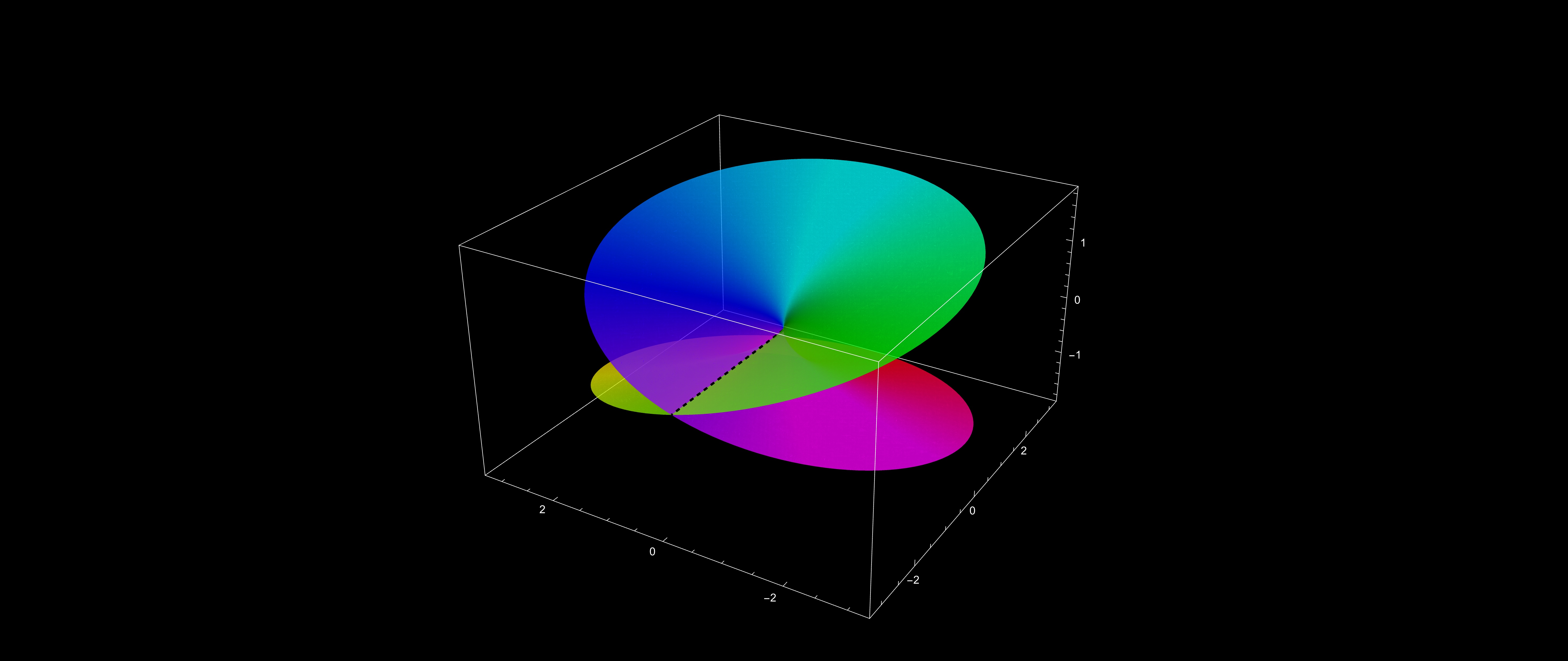Παρουσίαση/Προβολή

Mathematical Methods in Physics
(Φ-511) - Spyros Sotiriadis
Περιγραφή Μαθήματος
Course objectives:
The course is addressed to postgraduate and advanced undergraduate students. It provides students with the advanced mathematical tools essential for modern theoretical physics. Emphasising both technique and application, it covers methods such as complex analysis, series and integrals, ordinary and partial differential equations, integral transforms, asymptotic analysis, linear and operator algebra, and probability theory. A central goal is to develop the ability to recognise the underlying mathematical structure of a physical problem, enabling students to map it onto known frameworks and apply appropriate solution strategies. By the end of the course, students will have the mathematical maturity and problem-solving skills needed for advanced study and research in theoretical and computational physics.
Course details:
| Code | Φ-511 | |
| Type | B | |
| ECTS | 6 | |
| Hours | 5 | |
| Semester | Fall | |
| Lecturer | Spyros Sotiriadis | |
| Schedule | Tuesday Wednesday |
11:00–13:00 Room 3 11:00–13:00 Room 3 |
| Office hours | Wednesday | 14:00–16:00, office 220 |
Assessment Methods:
Your final grade will be based on your homework assignments, the final written exam, and an optional project.
If you do not submit a project, your final grade will be determined by your homework assignment grades and your final exam grade, weighted as follows:
- Homework: 33%
- Written exam: 67%
If you submit a project, the weights will be as follows:
- Homework: 20%
- Written exam: 40%
- Project: 40%
There will be 4 equally weighted homework assignments.
To fulfil the project requirements, you should submit a short report (no more than 3 pages) and give a 15min presentation, followed by a 5min "Questions and Answers" session.
Ημερομηνία δημιουργίας
Τρίτη 3 Νοεμβρίου 2020
-
Course Objectives/Goals
By the end of the course, students should be able to:
-
Master key mathematical techniques commonly used in graduate-level physics.
-
Recognise the role of mathematical structures (e.g., operators, series expansions, integral representations) in physical theories.
-
Identify the underlying mathematical structure of a physical problem and map it onto a standard or previously solved problem.
-
Apply advanced methods to solve representative problems in classical mechanics, electrodynamics, quantum mechanics, and statistical physics.
-
Develop the ability to connect abstract mathematical concepts to physical intuition.
-
Build the mathematical maturity necessary for independent research in theoretical and computational physics.
Course Syllabus
-
Vector Spaces & Operator Algebra (eigenvalue problems, diagonalisation, Hermitian operators, spectral decomposition, applications in quantum mechanics)
-
Ordinary Differential Equations (focus on autonomous systems, linearisation and stability analysis, applications in classical mechanics)
-
Partial Differential Equations (Sturm–Liouville theory, separation of variables, Fourier series method, applications: wave, diffusion, Schrödinger equations)
-
Complex Analysis (residue theorem, contour integration, analytic continuation, branch cuts, applications in evaluating integrals and series)
-
Asymptotic Methods (asymptotic series, stationary phase, steepest descent, Laplace’s method, WKB)
-
Integral Transforms (Laplace and Fourier transforms, integral representations of functions)
-
Green's Functions (definition and construction, boundary value problems, propagators)
-
Probability Theory (random variables, distributions, characteristic functions, central limit theorem, applications in statistical mechanics) [omitted]
Bibliography
Main Textbook:
George B. Arfken, Hans J. Weber, Frank E. Harris
Mathematical Methods for Physicists, 7th Edition.
Academic Press, 2012.Further references:
-
K. F. Riley, M. P. Hobson, S. J. Bence
Mathematical Methods for Physics and Engineering, 3rd Ed.
Cambridge University Press, 2006. -
Michael Stone, Paul Goldbart
Mathematics for Physics: A Guided Tour for Graduate Students.
Cambridge University Press, 2009. -
Carl M. Bender, Steven A. Orszag [for Asymptotic Methods]
Advanced Mathematical Methods for Scientists and Engineers, Reprint Edition.
Springer, 1999 (originally McGraw–Hill, 1978). - J. David Logan [for Partial Differential Equations]
Applied Partial Differential Equations.
Springer, 2014 - M. J. Ablowitz, A. Fokas [for Complex Analysis]
Introduction to Complex Variables and Applications.
Cambridge University Press, 2021. - W. E. Boyce, R. C. DiPrima [for Nonlinear ODEs]
Elementary Differential Equations and Boundary Value Problems,
7th Ed., Wiley 2001.
-
